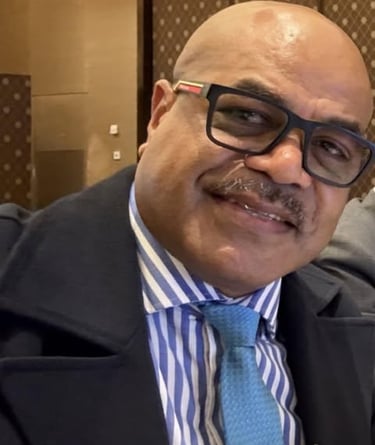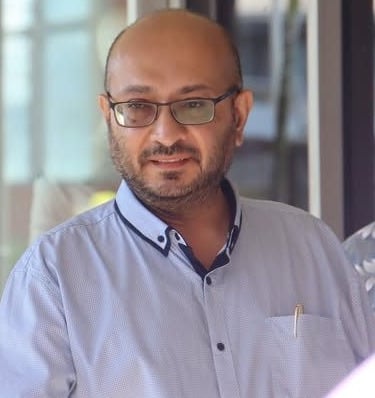Nemani - One of Fiji's most successful and respected sports captains and legends disputes FFA's appointment of Musa
FIJI NEWSSPORTS


On August 9, 2023, Aiyaz Mohammed Musa Umarji was sentenced by the Auckland District Court to three years and six months imprisonment for importing 40.68kg of pseudoephedrine worth NZD 5-6 million into New Zealand.
Nine months later, on May 30, 2025, he was elected Vice President (West) of the Fiji Football Association with 32 of 49 votes at the 87th Ordinary Congress.
This sequence of events represents a fundamental breach of sporting governance standards.
Article 46(6) of the Fiji FA Statutes explicitly prohibits individuals previously found guilty of criminal offences from holding executive office.
The association initially rejected Umarji's nomination under this provision, demonstrating awareness of the legal prohibition.
However, following a Court of Arbitration for Sport ruling, the nomination was permitted, and the election proceeded despite the statutory disqualification.
This appointment violates multiple levels of sporting governance. FIFA's Code of Ethics, Article 13, requires officials to demonstrate complete credibility and integrity, while FIFA's Review Committee specifically considers past criminal convictions in eligibility assessments.
The Council of Europe's Keep Crime Out of Sport project established clear principles that sporting organizations must protect themselves from criminal infiltration, recognizing sport's vulnerability to organized crime. The International Olympic Committee's Basic Universal Principles of Good Governance mandate that sports organisations maintain values-based integrity standards.
Pacific regional precedent confirms these standards are enforceable. Former Oceania Football Confederation president Reynald Temarii received progressive sanctions, including a one-year ban in 2010, an eight-year ban in 2015, and formal corruption charges by French prosecutors in May 2023.
These actions demonstrate consistent enforcement of integrity requirements across Pacific football governance.
The current situation creates three critical implications for Fiji's sport. First, it establishes that statutory eligibility requirements can be circumvented through external legal challenges, undermining the authority of sporting statutes.
Second, it creates reputational damage for Fiji football at national and international levels, potentially affecting FIFA compliance assessments and international partnerships.
Third, it signals to youth participants and the broader community that criminal convictions do not disqualify individuals from sporting leadership positions.
Immediate action is required from multiple agencies. FICAC and the Fiji Police must investigate whether proceeds of crime continue to benefit sporting organisations or individuals connected to this case.
FIFA should conduct a comprehensive governance compliance review of the Fiji Football Association to determine whether current practices meet international standards and whether sanctions are warranted.
The Ministry of Youth and Sports must establish a dedicated Sports Integrity Unit with authority to develop and enforce consistent ethical standards across all national sporting organizations, ensuring criminal elements cannot infiltrate sport through legal technicalities.
The Fiji Football Association must demonstrate a clear commitment to upholding its own statutes regardless of external legal pressure.
As a former national team captain, I have observed that sporting integrity depends entirely on the consistent application of governance standards.
The message to our sporting community must be unambiguous: criminal convictions remain absolute disqualifying factors for sporting leadership positions.

